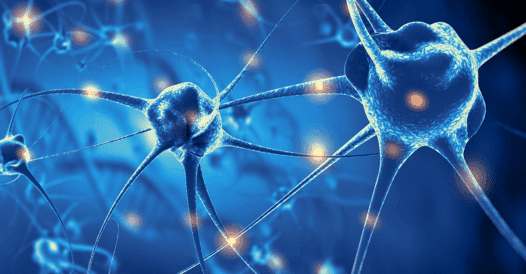Improving Quality of Life and Care in Lennox-Gastaut Syndrome: Best Practices for Collaborative, Family- and Patient-Centered Management
Lennox-Gastaut syndrome (LGS) affects every aspect of patients’ and caregivers’ lives, often far beyond seizures alone. Families face a fragmented system, where pediatric and adult care are poorly aligned, social services are hard to navigate, and long-term planning is unsupported. …








